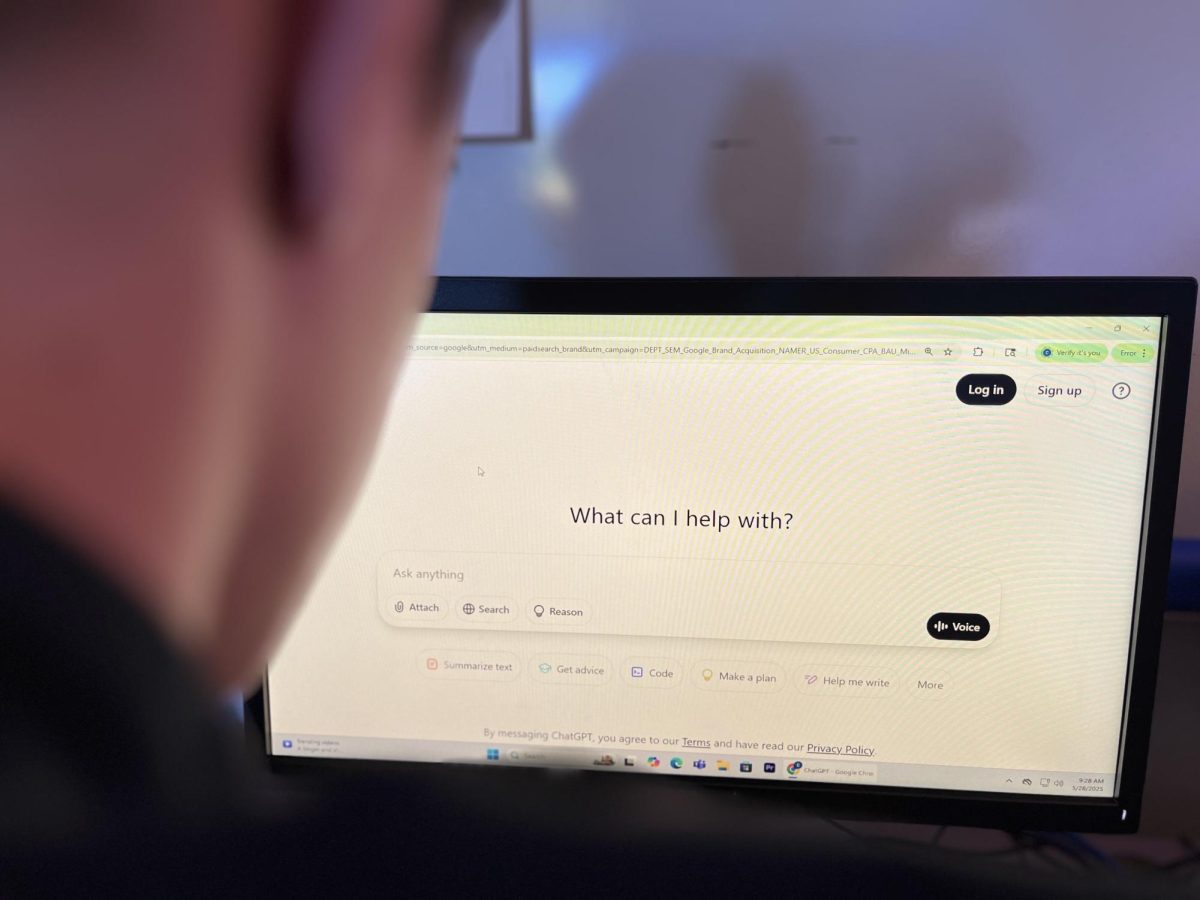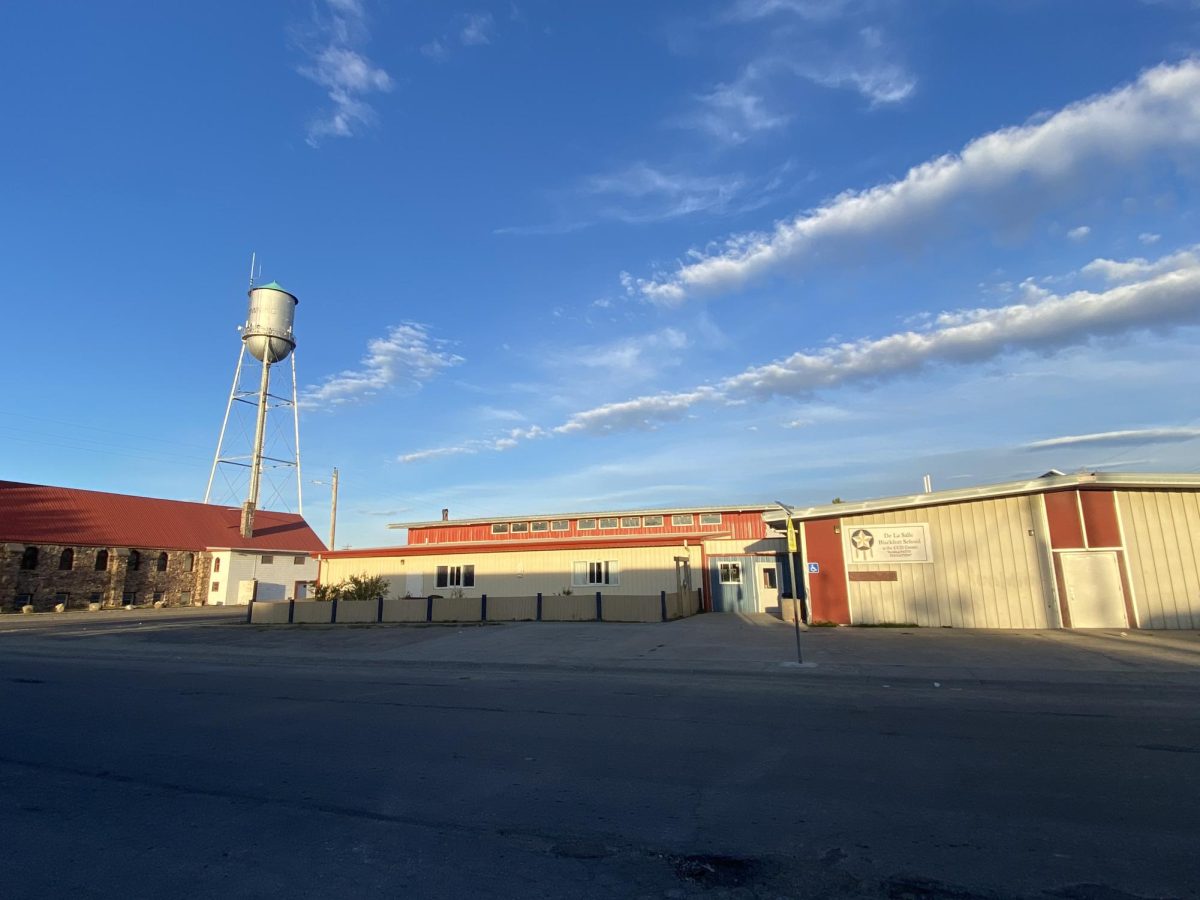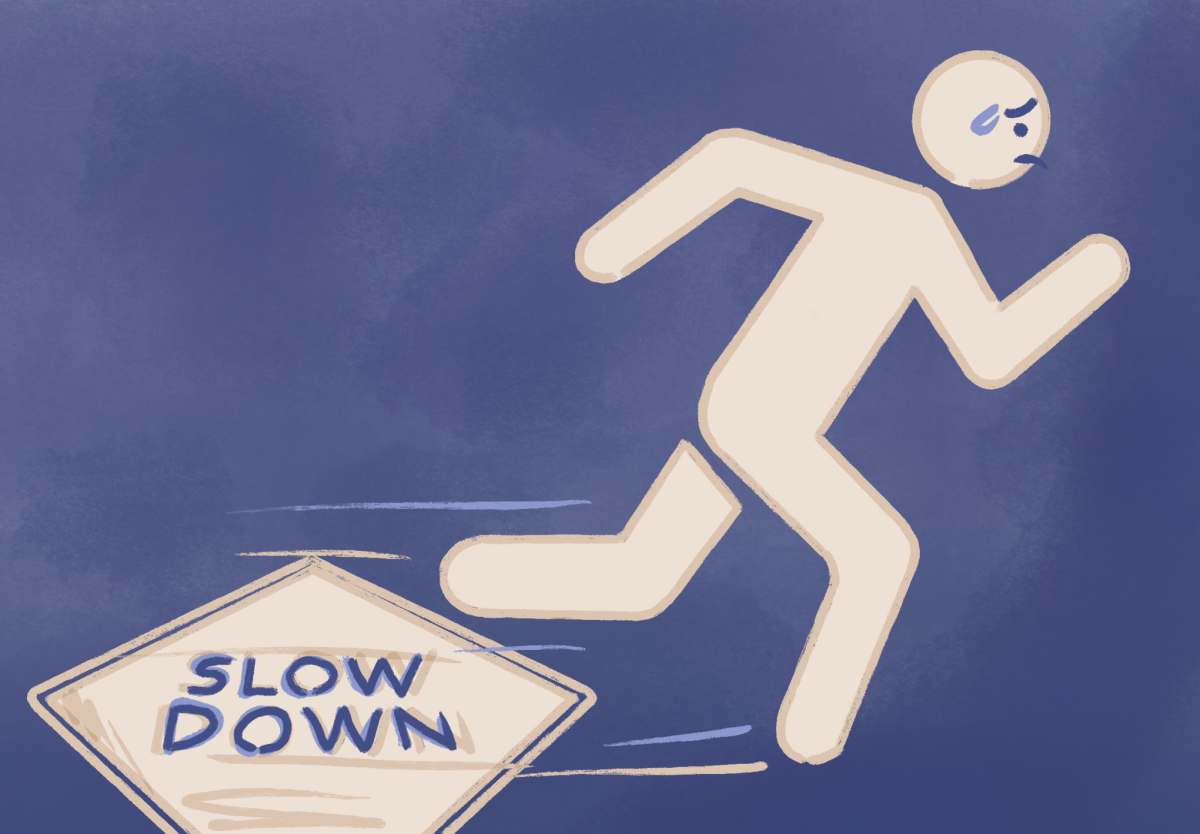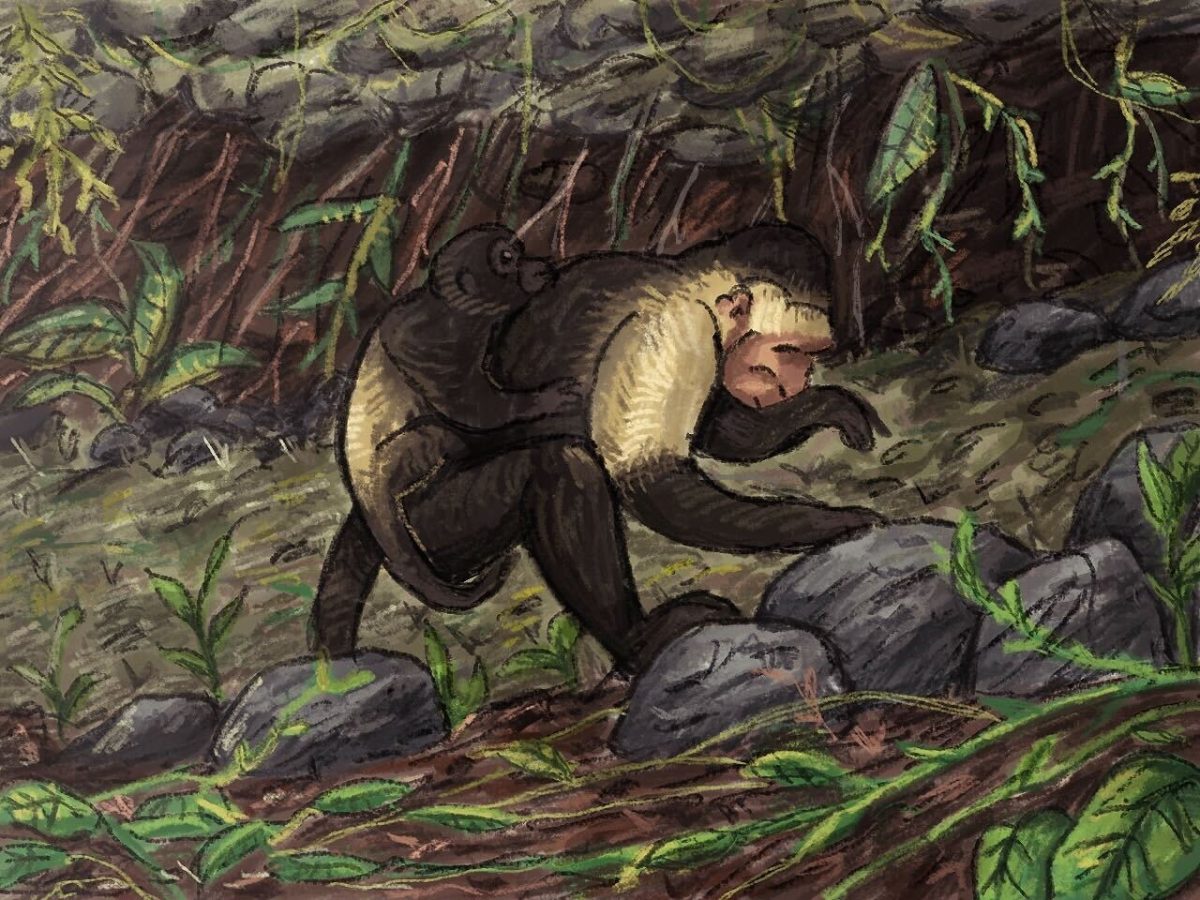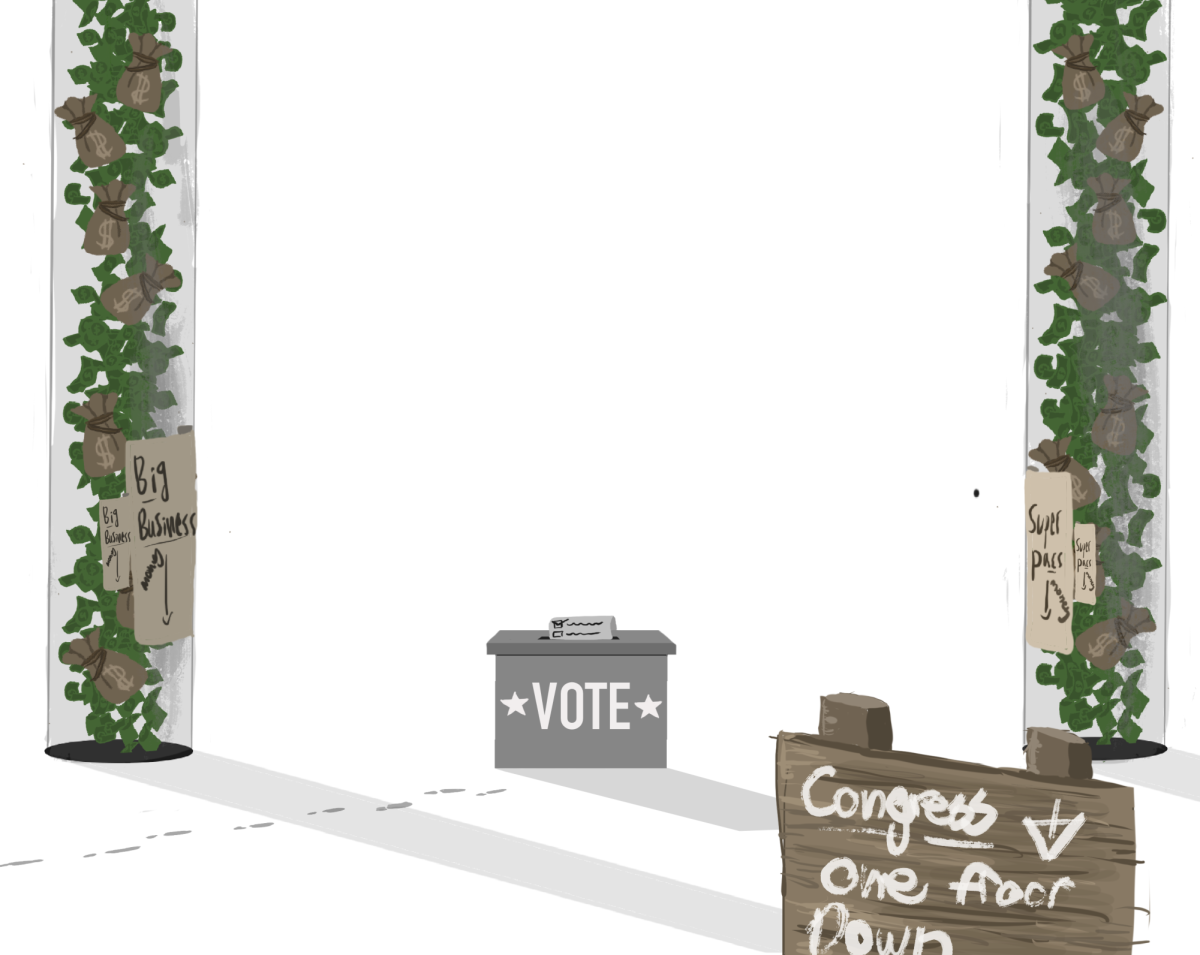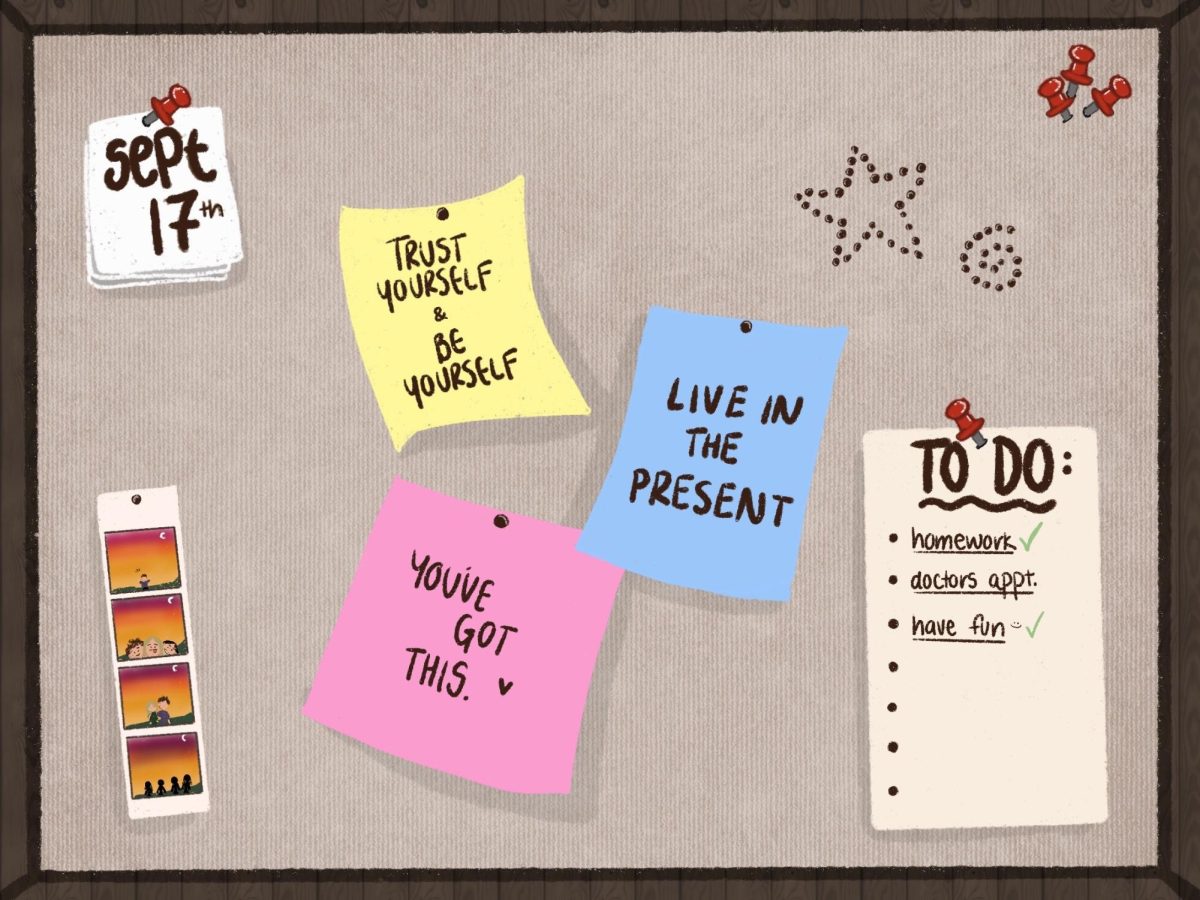The Industrial Revolution brought about sweeping changes in the way humans work.
Cars went from being built piece-by-piece over many days, to being built on an assembly line in a matter of hours. Textiles went from being hand-sewn and knitted together to being made in a matter of minutes. And the worker who built the car and sewed the shirt, went from being a highly respected tradesman to a cog in a wheel.
The same thing is happening now.
AI is starting a new industrial revolution, and has already been shown to be capable of finding medical cures that doctors can’t, solving almost any problem relating to math or science, and it is getting significantly better at writing essays that are not only coherent and grammatically correct, but alarmingly interesting.
AI can make legal arguments and write resumes. It can do bookkeeping, financial analysis, customer service, and data analysis. It can do all of these things and more at the level of — or even better than — humans.
That raises the question, can AI take jobs away from humans?
The answer, unequivocally, is yes.
The public is already very concerned about AI and its potential to take jobs away from hard working Americans. In a Pew Research study published on April 3, 43% of Americans think AI will likely harm U.S. adults, while just 24% of Americans think AI will be beneficial to the public.
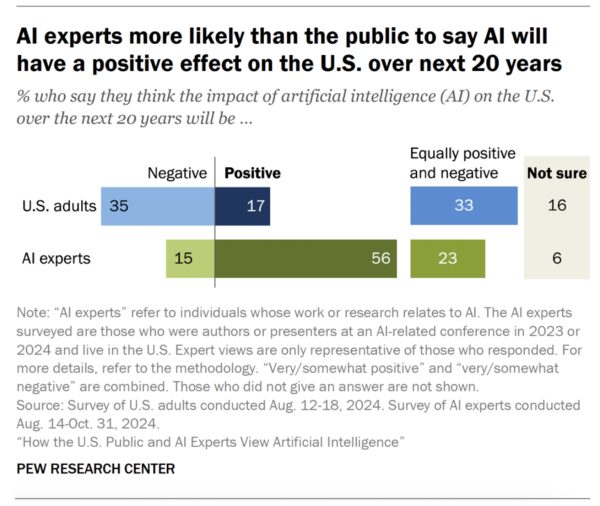
It is clear that there are concerns about AI, but are they grounded in reality?
The answer to that is also unequivocally yes.
The most important — and possibly the most groundbreaking — way artificial intelligence has changed the world is in the medical field.
In December of 2020, the program AlphaFold — developed by Google’s DeepMind — made vast advancements in the research of protein synthesis. The AlphaFold technology has been able to provide access to over 200 million protein structures. Because of this, it has the power to almost completely change the way doctors and scientists research not only proteins, but many other fields in medicine.
As AI gets better and better at making breakthroughs in the medical field, it is only a matter of time before other areas of research get affected.
This raises the question, what should we do about it?
I think it is perfectly reasonable to use artificial intelligence to help us find breakthroughs in the medical field, but it should be stopped there, and all other uses should be banned.
As much as AI has been shown to help us, it has also been shown to harm us in many ways.
The first is in the dumbing down of the humans who rely on AI.
Artificial intelligence is at a PhD level of knowledge in various fields of study. When a tool like that is at our disposal for free, it would seem that there is no reason not to use it. However, when we rely on artificial intelligence for all our tasks, humans inevitably become worse at those tasks. If AI is used as a crutch, humans do not become smarter; they become dumber.
The second way is the potential harm it poses to human labor.
Humans have always played a pivotal role not only in jobs like teaching and law, but accounting and medicine as well. They are the ones who are most at risk of their jobs being taken away. With these jobs and many more being transitioned from human to AI, the soul of any job is immediately taken away.
The third — and possibly most disturbing way — is the continued rate at which AI is developing.
AI is developing fast, and if people continue to feed this never-ending chatbot with new information and details, it will not only become smarter than us, but it will be able to dominate us.
In addition to the world of AI, there have been lots of advancements in the world of robotics.
Humanoid robots and artificial intelligence create beings that look, sound, and act like humans, but are not humans. That then raises the question, what does it mean to be human, if robots can do the exact same thing humans can?
The answer to that is long and heavily debated, but I think the thing that separates us from robots is our ability to feel. It is our ability to laugh, to cry, to get angry, and to pray. The thing that separates us from robots is a soul.
No matter how much we try, AI will never replace humans, but it can be a decent tool to use in very specific situations, one of which is to find protein structures.
After that, artificial intelligence becomes a crutch, not a tool.
It will take away any spirit and thought in art. It will take away jobs at an alarming rate. It will change the way humans run errands and interact with each other, as chatbots and robots will replace the need to go to the store and ask questions. And last of all, it will bring about a change in our world that I believe will not be for the better, but for the worse.
No matter how much we try, AI will never truly replace humans, and therefore, it’s my belief that we should reject it.


